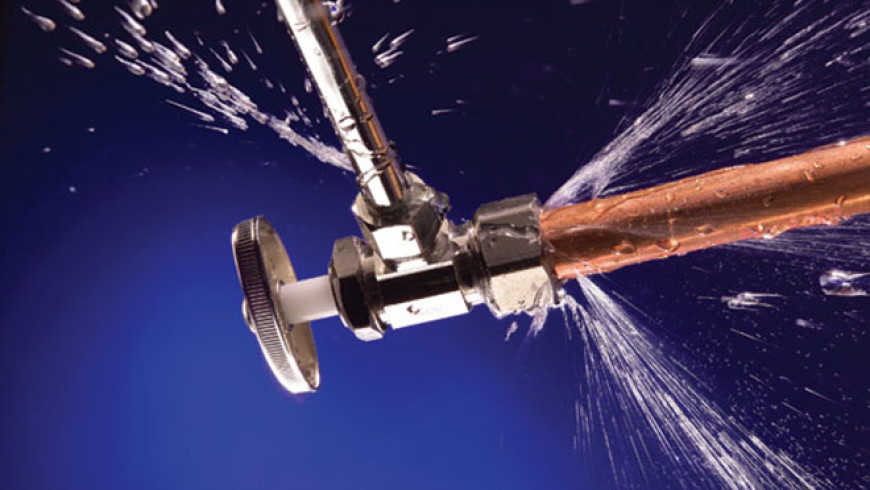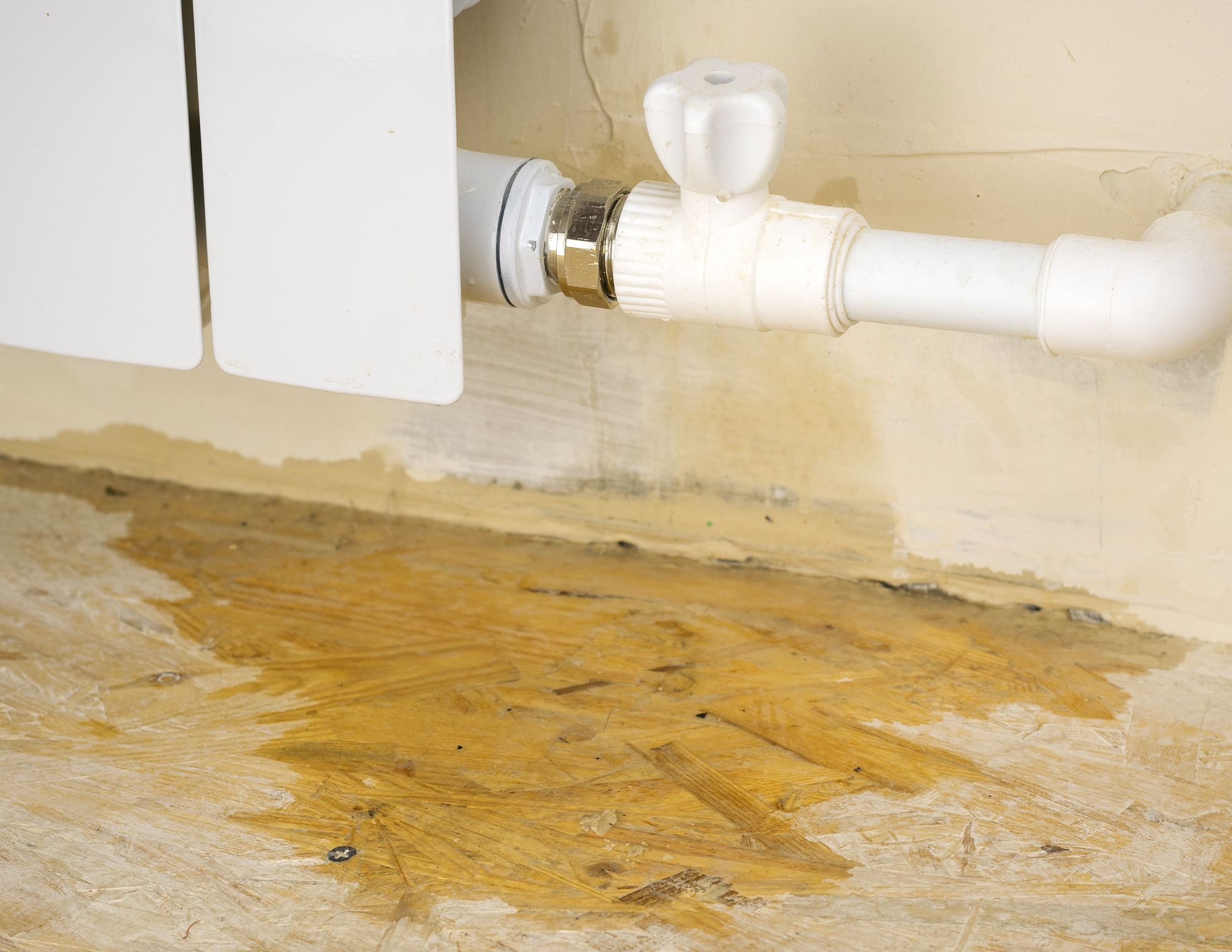Identify Major Causes for Water Leakage Within Your Home
Identify Major Causes for Water Leakage Within Your Home
Blog Article
The writer is making a number of great points on the subject of How Fast Water Damage Can Ruin Your Home in general in this content below.

Leaks not just trigger waste of water however can likewise trigger unneeded damages to your home and also promote unwanted natural growth. By looking as well as recognizing for daily situations that trigger leakages, you can protect your house from future leakages and also unnecessary damage.
Instantaneous temperature changes.
Extreme temperature level adjustments in our pipelines can trigger them to expand and also contract suddenly. This development and also tightening may cause splits in the pipes, particularly if the temperature are below freezing. If you kept an eye on how your plumbing works, it would be best. The presence of the previously mentioned situations often indicates a high risk.
Rusty water systems
As time passes by, your plumbing system ages and deterioration such as corrosion may begin eating away the pipes. This may be the reason for discoloration or bending on your water pipes. This asks for an assessment with your plumber immediately. Take into consideration changing the pipes since they are at a greater danger of rust than the newer versions if our plumbing system is old.
Defective Pipeline Joints
Pipeline joints can deteriorate over time, resulting in water leakages. If you have loud pipes that make ticking or banging sounds, specifically when the warm water is transformed on, your pipeline joints are most likely under a great deal of pressure.
Trespassing roots
Most water leakages begin outside your house as opposed to inside it. If you observe an abrupt decline in water stress, say in your tap, take time to head out and examine your yard. You may observe damp spots or sinkholes in your lawn, which may indicate that tree roots are getting into water lines causing water to leak out. You can have your plumber look for intrusion, specifically if you have trees or bushes near your residential or commercial property.
Poor Water Connectors
At times, a leakage can be brought on by loose hose pipes as well as pipelines that supply your devices. Generally, moving is what creates the loosened water Connections. You could locate in the case of a washing equipment, a hose might spring a leakage as a result of drinking throughout the spin cycle. In case of a water links leak, you may notice water running directly from the supply line or pools around your home appliances.
Clogged Drains
Clogged drains might be frustrating and also inconveniencing, however they can often wind up triggering an overflow resulting in burst pipes. Maintain getting rid of any type of materials that might drop your drains pipes that could clog them to prevent such troubles.
All the above are sources of leaks yet not all water leakages arise from plumbing leakages; some leakages could originate from roof covering leakages. All leakages should be fixed immediately to avoid water damages.
Leaks not just create waste of water but can likewise create unnecessary damages to your residence and promote undesirable natural growth. By looking and also recognizing for daily situations that create leaks, you can protect your residence from future leaks and unneeded damage. Today, we will certainly look at six leakage causes that might be causing your pipelines to drip.
At times, a leakage can be caused by loosened hoses as well as pipelines that supply your devices. In instance of a water links leakage, you might observe water running straight from the supply line or pools around your devices.
How To Check For Water Leak In Your Home
How To Check for Leaks
The average household's leaks can account for nearly 10,000 gallons of water wasted every year and ten percent of homes have leaks that waste 90 gallons or more per day. Common types of leaks found in the home are worn toilet flappers, dripping faucets, and other leaking valves. These types of leaks are often easy to fix, requiring only a few tools and hardware that can pay for themselves in water savings. Fixing easily corrected household water leaks can save homeowners about 10 percent on their water bills.
To check for leaks in your home, you first need to determine whether you're wasting water and then identify the source of the leak. Here are some tips for finding leaks:
Take a look at your water usage during a colder month, such as January or February. If a family of four exceeds 12,000 gallons per month, there are serious leaks.
Check your water meter before and after a two-hour period when no water is being used. If the meter changes at all, you probably have a leak.
Identify toilet leaks by placing a drop of food coloring in the toilet tank. If any color shows up in the bowl after 10 minutes, you have a leak. (Be sure to flush immediately after the experiment to avoid staining the tank.)
Examine faucet gaskets and pipe fittings for any water on the outside of the pipe to check for surface leaks.
Undetected water leaks can happen without the home or business owner even realizing. If you suspect a water leak, but not able to find the source. It is time to contact a professional water leak detection service, The Leak Doctor.
How To Find a Water Leak In Your Home
https://www.leakdoctor.com/blog/How-To-Check-For-Water-Leak-In-Your-Home_AE197.html

Hopefully you liked our post on How to detect water leaks in your home. Thanks so much for taking a few minutes to read our short article. Are you aware of somebody who is sincerely interested in the niche? Do not hesitate to share it. I truly appreciate reading our article about How Fast Water Damage Can Ruin Your Home.
Don't settle; choose expert plumbers. Report this page